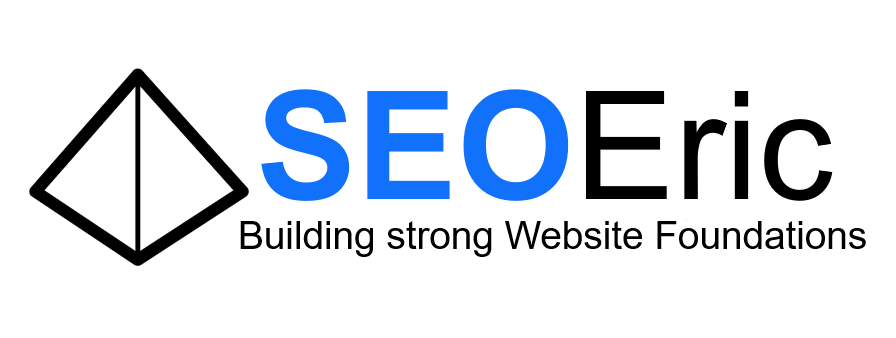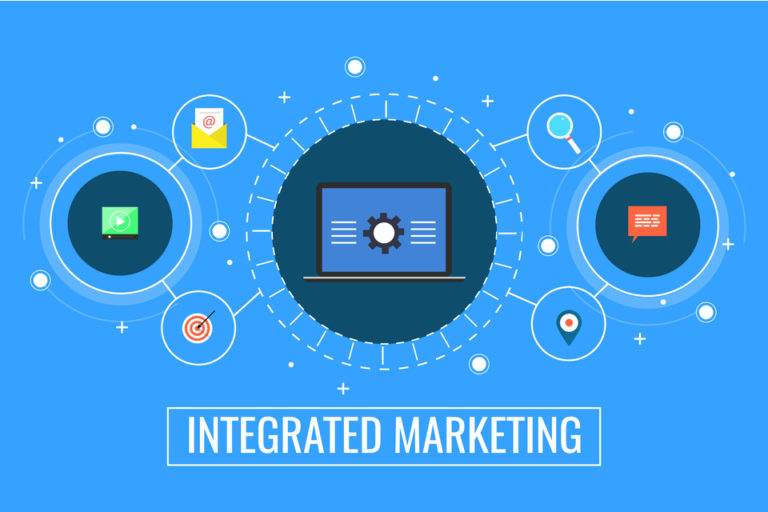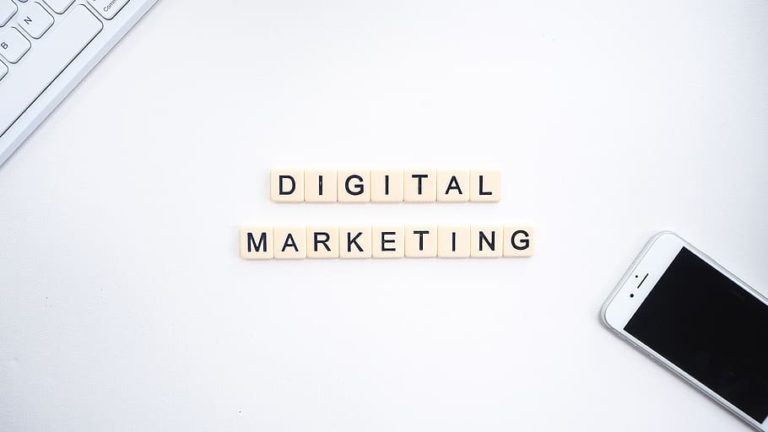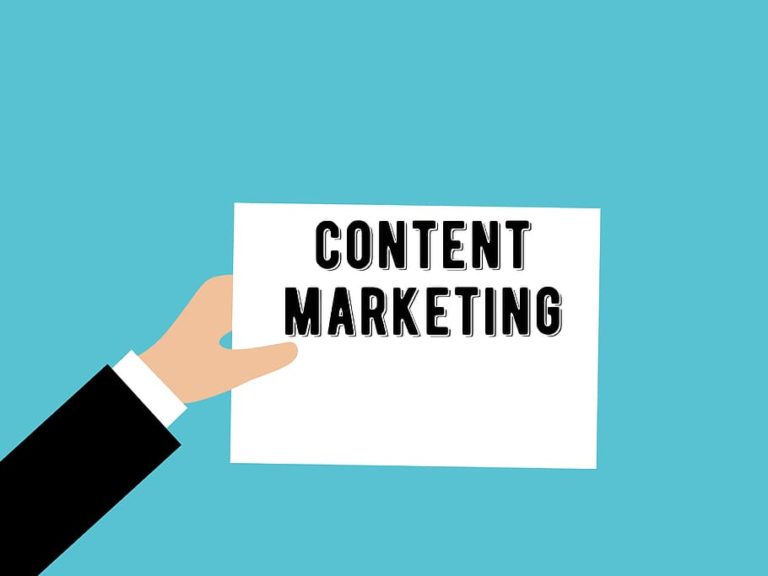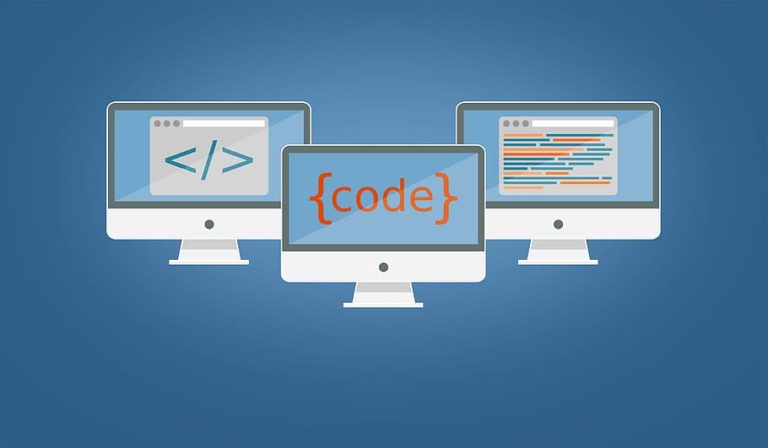Pay-Per-Click – The Game Plan

Pay-per-click vs SEO
In the Previous post I spoke in general terms about Search Engine Optimization, or Organic Search Optimization. In this article we will give an overview of Pay Per click Advertising, Pay-Per-Click Vs. Organic Search, and where to start your PPC campaign.
The History behind PPC
Pay Per Click Advertising began in 1998 when Bill Gross set in motion the first PPC search engine, Goto.com. Goto's engine allowed advertisers to bid on how much they would be willing to pay to appear on top of search results for specific keyword terms. Goto later became acquired by yahoo, now called Yahoo Search Marketing. Google came up with their own PPC platform and called it Google Adwords.
How does it work?
Unlike Search Engine Optimization which is to rank high on search engines "organically", PPC allows advertisers to bid against each other for selective keywords or keyword phrases. There advertisements appear in the sponsored section of search results. Each Advertisers goal is to then get their ad at the highest place in the sponsored section, which is typically above or below the organic section. Testing has revealed that having both high sponsored and high organic rankings will increase the trustworthiness of your website, leading to more traffic and higher conversions for ecommerce sites.
So where should you begin?
You begin by doing pay-per-click keyword research. Find out what keywords relate to your website, and then bid on those keywords, ideally the ones that will cost the least, but also generating the most traffic to your website. Do a search on the Google Adwords platform. It's a great starting point! When you open up a Google Adwords account, you should be prepared to create your first campaign, ad group, text ad, and keywords.
What to do before setting up a campaign...
If you you have not already created a website for your product, you must do so first before you can create a PPC campaign. Visit the FirstSERPs web development page to get started. Stay tuned to the blog to stay up to date with tips about SEO, PPC, and Web Development.
